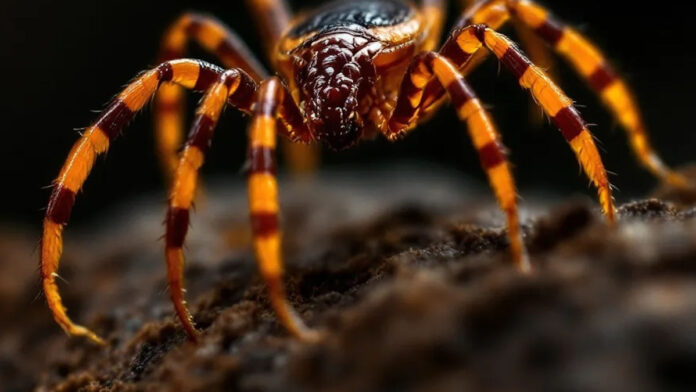HDT Bio Corporation has announced that the U.S. Food and Drug Administration (FDA) has cleared its Investigational New Drug (IND) application for HDT-321.
The product is a first-in-class prophylactic designed to protect against Crimean-Congo Haemorrhagic Fever (CCHF), a fast-spreading, often fatal, viral tick-borne disease recognized as a serious threat to national and global health.
The NIAID agency within the U.S. Department of Health and Human Services lists the CCHF virus as a priority pathogen and an emerging infectious disease of concern. The Centers for Disease Control and Prevention classifies it as a potential bioterrorism agent and a “Select Agent” due to biosecurity risks. The World Health Organization considers it a top-priority pathogen because of its outbreak potential and the lack of approved treatments or vaccines.
HDT-321 was developed in collaboration with the National Institutes of Health’s National Institute of Allergy and Infectious Diseases (NIH/ NIAID) and the University of Texas Medical Branch (UTMB). It is the first clinical-stage product targeting CCHF to use HDT Bio’s immune stimulator platform. The formulation combines the company’s proprietary LION delivery system with new discoveries specific to CCHF. This same platform was tested in human subjects during HDT’s COVID-19 programme, HDT-301. Those trials showed strong immune activation and a favourable safety profile, resulting in regulatory emergency-use authorisation of two vaccine products in India.
The development of HDT-321 is supported by the Medical CBRN Defense Consortium (MCDC) and the U.S. Department of Defense. In 2009, a U.S. soldier in Afghanistan died after contracting CCHF, and several hospital staff in Germany who treated that patient were also infected.
Under a Cooperative Research and Development Agreement (CRADA) between NIAID and UTMB, pre-clinical testing of the vaccine against CCHF virus was conducted by the Laboratory of Virology at NIAID’s Rocky Mountain Laboratories (RML) in Montana. There, researchers showed that HDT-321 could protect against CCHF in several animal models. RML is a biomedical research facility designed to safely study serious pathogens such as CCHF virus. This work to develop a vaccine against CCHF demonstrates the Laboratory of Virology’s and NIAID’s mission to understand and prevent infectious disease threats.
“This IND clearance marks a major milestone for HDT Bio’s ability to field homegrown, next-generation technologies against global biological threats,” said Steve Reed, CEO of HDT Bio.
“HDT-321 is a first-in-class product built on a best-in-class American platform. It is non-viral, scalable, deployable without cold-chain infrastructure, and, most importantly, the platform was well tolerated under previous clinical investigations. As the threat of CCHF expands, the US will have a powerful tool in its arsenal to lead the world in preparedness.”
Tick-borne diseases have drawn bipartisan concern in recent years. That concern led to the Kay Hagan Tick Act, named for Congresswoman Kay Hagan, who died from a tick-borne virus in 2019. The law established a coordinated national strategy to address high-consequence pathogens like CCHF. The Trump administration has reinforced that commitment by prioritizing biodefense, domestic manufacturing, and rapid-response technologies. That focus aligns with HDT Bio’s mission and highlights the importance of American-made, field-ready tools like HDT-321 in protecting public health and national security.
CCHF is a viral illness spread by ticks and contact with infected animals. Mortality rates can reach 40%.
CCHF is one of the most widespread viral hemorrhagic fevers in the world, and it continues to appear in new regions. In 2024 and 2025, confirmed cases in Portugal and Spain prompted the UK government to issue travel advisories. Climate change and expanding tick habitats are driving increased incidence across Eastern Europe, the Middle East, and Central Asia. These has raised concerns about future outbreaks in the US.


